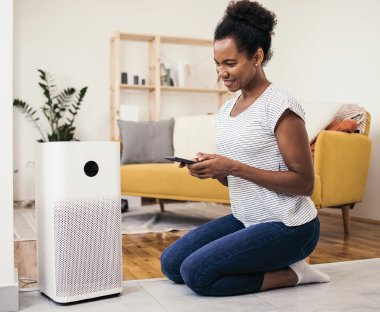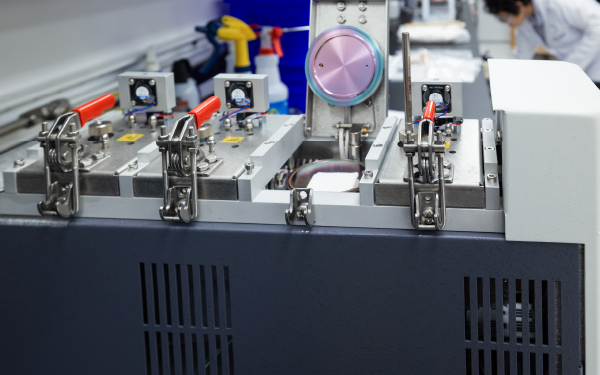In collaboration with Duke University, Chemical Insights Research Institute examines the influence of outdoor and indoor air pollution on children with asthma. Researchers at Chemical Insights Research Institute and Duke University conducted a double-blind, crossover study in a suburb of Shanghai, China. A group of children with mild or moderate asthma were given two air filters to use in their bedrooms. One was a high-efficiency particulate air (HEPA) filter capable of removing PM2.5, and the other was a sham filter with minimal particle removal efficiency. The filters were used for two weeks in random order with a two-week interval in between. Results published in JAMA Pediatrics showed that PM2.5 concentrations were one-third to two-thirds lower when HEPA filters were used. This study was the first to document the physiological improvements that occur in children’s small airways when air filters, designed to trap ambient fine particulate matter (PM2.5), are in use. Chemical Insights Research Institute’s research continues to characterize pollution sources and their levels in China, India, and the U.S. Information is being used to evaluate pollution impacting health and exposure reduction strategies and their potential health impacts.




